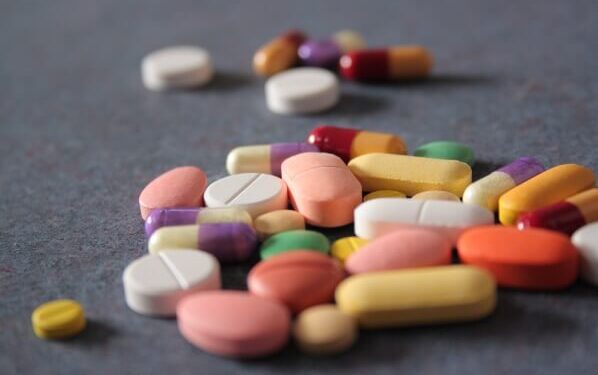Drug prices in Nigeria are expected to remain high in 2024 due to the depreciation of the naira, with import prices of pharmaceutical products potentially exceeding N900 billion. The International Trade Center reported that Nigeria imported $1.05 billion worth of pharmaceutical products in 2022. With the current exchange rate (N902.45/$), this is projected to cost N950.81 billion, putting additional pressure on Nigerians who already struggled with high drug prices in 2023.
The rising import costs are attributed to the depreciation of the naira against foreign currencies, impacting the pharmaceutical industry. Major pharmaceutical companies like GlaxoSmithKline Consumer Nigeria Plc and Sanofi have announced plans to shut down operations in Nigeria and transition to third-party distribution models. The move has contributed to a surge in drug prices, with some witnessing over 100% increases.
Nigeria’s pharmaceutical imports have consistently been above $1 billion since 2019, and the trend is expected to continue in 2024. The pharmaceutical industry heavily relies on imports for raw materials and finished products, making it vulnerable to economic shocks and foreign exchange volatility.
The rising costs of drugs have raised concerns among stakeholders, including the Nigeria Medical Association and political figures, prompting calls for government intervention. The government has reportedly endorsed resolutions to address the increasing prices of pharmaceuticals in the country.
























